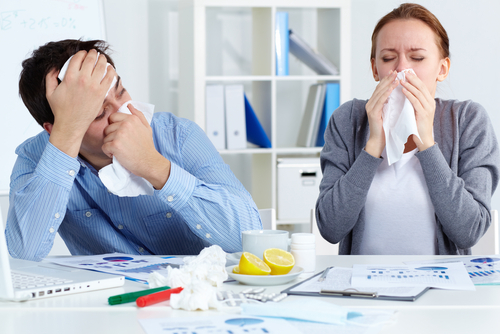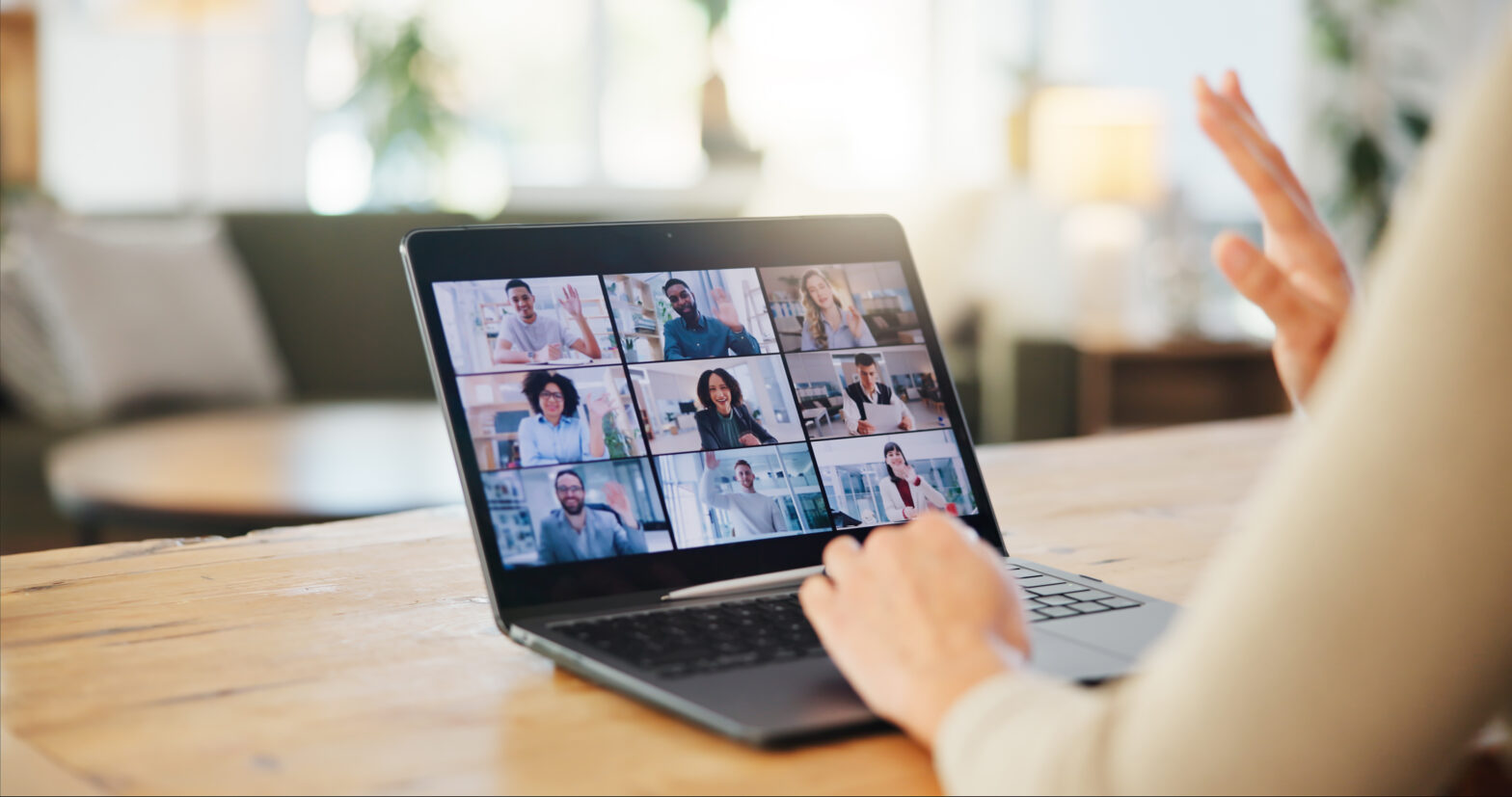I put my central heating on last night for the first time this year – cute little cardigans just weren’t cutting it! Then I thought, ‘That’s it now, the central heating’s on, going from the warm into the cold, into the warm again, the germs will be rife and a cold will be coming!’
Now the dilemma, do I go into work or do I stay away? Do I adopt the British ‘stiff upper lip’, as described by author Frances Osborne, wife of Chancellor George Osborne when she questioned the mentality of the British who insist on turning up for work and social functions when they are ill?
Common colds and flu are so easy to spread around, not only in the workplace but also on public transport, people determined to show their bosses that by hook or by crook they will come into work that only near death will stop them! In the meantime they are sniffing and sneezing all over the place sending panic around the underground – germ-o-phobes won’t know what to do with themselves! If you have an illness that is contagious, and I don’t mean things like tuberculosis, but just the normal common cold that can claim manner in its symptoms, maybe you should stay away until you are better.
Employers are faced with a conundrum. On the one hand, absence from work through ill health damages business and the UK has the reputation of being the very sick man of Europe. But we don’t want to force genuine sickies to come to work. That’s not desirable either.
How can we reach a win-win situation, helping to improve our employees’ health and reducing the risk of infection?
- Offer flu jabs. Immunisation is highly effective in preventing flu in working adults, reducing staff absenteeism and the transmission of flu to vulnerable people.
- Make sure surfaces are cleaned with a disinfectant wipe. Door handles, light switches, desks, phones and PCs are shocking offenders.
- Make tissues and anti-bacterial hand sanitiser available on the desks.
- Adopt the policy that was around during the swine flu pandemic – cover your nose and mouth with a tissue when sneezing, only use it once then throw it away, wash your hands immediately afterwards, clean any areas you touched with disinfectant wipes.
- Promote good health habits, plenty of Vitamin C, get plenty of sleep, be active, eat nutritiously and do some exercise.
- Wear layers of clothing, especially over between neck and waist. If you keep your heart, lungs and other vital organs warm, you’ll be at less risk of infection.
- Drink plenty of water and eat fresh fruit and vegetables. I know it’s easy to turn to whack-it-in-the-microwave-for-five-minutes processed foods at this time of year but they don’t contain much nutritional benefit (there may be some honourable exceptions, but not many). Have porridge (slow release carbs) for breakfast and use a slow cooker to produce delicious healthy food and keep a high nutritional content.
- In some cases people are well enough to work but maybe they’d be better doing it at home. Nobody wants to be near me when I sneeze, it’s like the trumpeting of a crotchety bull elephant! So I take to my home office as I’m quite well enough to work.
So in taking these precautions it may reduce the need for your staff to walk around wearing surgical masks!





